Maja Bedak thought her friend Omar was joking when he picked her up at Cairo International Airport on Jan. 28 and told her that he wouldn’t be able to drive to her apartment in Maadi.
Bedak is one of several college students and professors from Maine who are going to school or working in the Middle East and witnessing the region’s response to recent revolutions in Egypt and Tunisia.
Bedak, an international affairs major at the University of Maine, was halfway through her junior year abroad, enrolled in a yearlong Arabic studies program at The American University in Cairo. She had spent the holiday break with her family in Portland and decided to return to Egypt despite news of growing protests against Hosni Mubarak’s 30-year-old regime.
“I was thinking I would be fine,” Bedak said. “Some of my friends had already returned to Cairo, and they said it was fine. It was supposed to be peaceful protests.”
By the time Bedak landed, the protests had grown violent and spread beyond Tahrir Square, where some of her friends lived, to Maadi, the upscale neighborhood where she had an apartment. She tried to call her friends, but her cell phone didn’t work. Omar tried to drive to her apartment, but police, roadblocks and tanks made it impossible to get anywhere near Maadi.
“That’s when it really hit me,” Bedak said. They eventually reached the relative safety of the American University campus, where she stayed for a few days, hoping that the protests would be resolved soon.
Instead, the demonstrations escalated. On Feb. 1, Bedak flew to Istanbul, Turkey, where she arranged to transfer to an Arabic studies program in Israel that was recommended by a friend.
UMaine officials suggested alternative study-abroad programs in Turkey and Jordan because the university doesn’t allow its students to attend programs in Israel, which is on a State Department watch list. But Bedak wanted to maintain her focus on learning Arabic, so her family is covering the cost of the program in Israel.
“I really fell in love with Arabic, and I didn’t want to lose all that I had learned,” said Bedak, who was born in Bosnia-Herzogovina and speaks Serbo-Croatian. Her family emigrated to Portland in 2001, when she was 11. She graduated from Portland High School in 2008.
Now, Bedak is studying at Givat Haviva, an intensive Arabic program sponsored by Masa Israel Journey. She is one of 21 students who left Egypt because of the unrest and transferred to Masa Israel Journey programs. Givat Haviva promotes coexistence of Jews and Arabs in Israel.
Bedak is living on Kibbutz Barkai in Binyamina, Israel, with 200 Jewish families. Living near the West Bank and surrounded by Arab villages, she is studying Arabic, Hebrew and Middle Eastern culture. She’s also teaching English at an Arab high school and hopes to live with an Arab family so she can learn more about Arab-Israeli relations.
Bedak said she’s disappointed that she couldn’t complete her studies in Egypt, where she made many friends and visited many historical sites, including the pyramids. She admits to being jealous of friends who joined protesters in the streets and witnessed history in the making. Some of them are still at The American University in Cairo, which resumed the Arabic studies program after Mubarak fled the capital on Feb. 11.
But Bedak didn’t want to cause further distress to her parents, who have been supportive but worried about her since she left Maine nearly a month ago. She said she feels safe in Israel, and she’s looking forward to more adventures before she returns to Maine in June.
“I had a great time in Egypt,” she said, “but here I’ll get a chance to learn something new.”
‘SHE WAS DETERMINED’
Beth Shirk knows how Bedak’s parents feel. Her daughter, Abbigail Shirk, is a senior at the University of Southern Maine who is studying political science and Arabic this semester at the University of Jordan in Amman, the capital of Jordan, a country wedged between Israel and Iraq.
Her daughter left Maine on Jan. 30 and arrived in Jordan the next day, when unrest in Egypt was at its peak. The protests have spread to other countries, including Jordan, leading King Abdullah II to reorganize his Cabinet.
“I told her as we drove to the airport, ‘You know, honey, there’s no shame in changing your mind,’ but she was determined,” Shirk said.
Abbigail Shirk, a 2007 graduate of South Portland High School, received a $5,000 Benjamin Gilman International Scholarship to study in Jordan. The program she’s in is offered through the Council on International Educational Exchange, based in Portland. She spent the spring semester of her junior year studying in South Africa.
“She wants to experience the world as more than a tourist,” Beth Shirk said of her daughter, who is 21. “They always say parents should give their children roots and wings. I just didn’t know she was going to fly so far away.”
Shirk said representatives of the Council on International Educational Exchange are keeping her informed about events in Jordan and have a plan to evacuate her daughter if her life is endangered. She keeps a map of the Middle East on her desk at Time Warner Cable and listens to Al Jazeera English on her computer throughout the workday.
She and her daughter exchange e-mails daily and talk regularly using Skype. She plans to visit her daughter for two weeks in May, just before Abbigail returns to Maine, so they can tour the Middle East together. It’s a visit that Beth Shirk planned to make in 1982, when she was a college student touring Europe, but unrest in Egypt and Israel made it impossible back then.
“I might not be able to see the pyramids or ride a boat on the Nile,” Shirk said, “but as long as she’s there, I’m going to keep my plane ticket and meet her.”
‘I’M VERY COMFORTABLE AND SECURE’
Susan Feiner found herself stuck in traffic and late for dinner Thursday evening, on the road from Dubai to Sharjah in the United Arab Emirates.
Feiner, a USM professor of economics and women and gender studies, arrived in the federation of Persian Gulf states on Wednesday. She and Susan Fineran, a USM sociology professor, are there through March 6 to promote women’s studies partnerships with 10 universities in the United Arab Emirates.
Sitting in a slow-moving car, Feiner described their first day via cell phone. They had just presented a video to university students about the ignored contribution that women make in world markets. The road was lined with gleaming skyscrapers that have come to symbolize the rapid and relatively new development of an oil-rich country.
Feiner, who lives in Yarmouth, said no pro-democracy protests have occurred in the United Arab Emirates, a relatively liberal Arab country with a high living standard. She noted, however, that only 800,000 of the 3.2 million people who live in the country are considered citizens, so noncitizens would risk expulsion if they did protest.
“No one here thinks anything would happen in the UAE,” Feiner said. “But my guess is, that’s what Mubarak thought, too.”
Feiner and Fineran are meeting with students and teachers at various universities, many of whom come from Arab countries. All are watching the push for greater freedom across the Middle East with great interest, especially women. “This is a very hopeful time for women in this region,” Feiner said.
For now, Feiner said, she feels safe despite unrest in nearby countries.
“I’m very comfortable and secure,” she said. “The moment I feel nervous, I will make my way to the international airport.”
Staff Writer Kelley Bouchard can be contacted at 791-6328 or at:
kbouchard@pressherald.com
Send questions/comments to the editors.

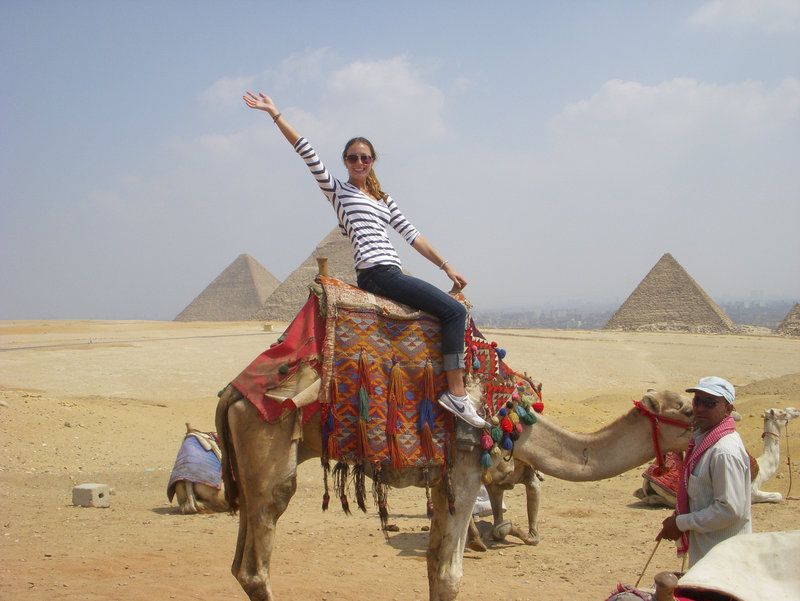
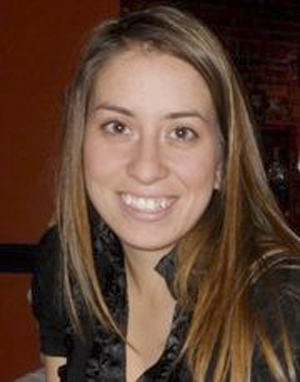
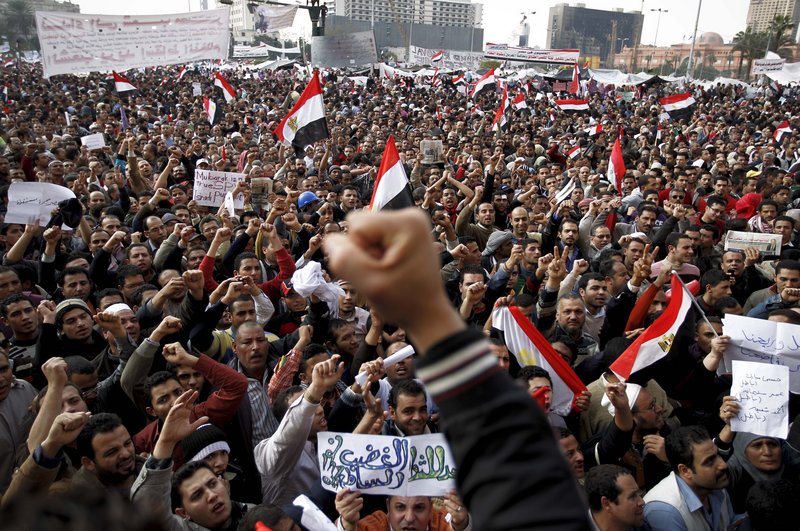
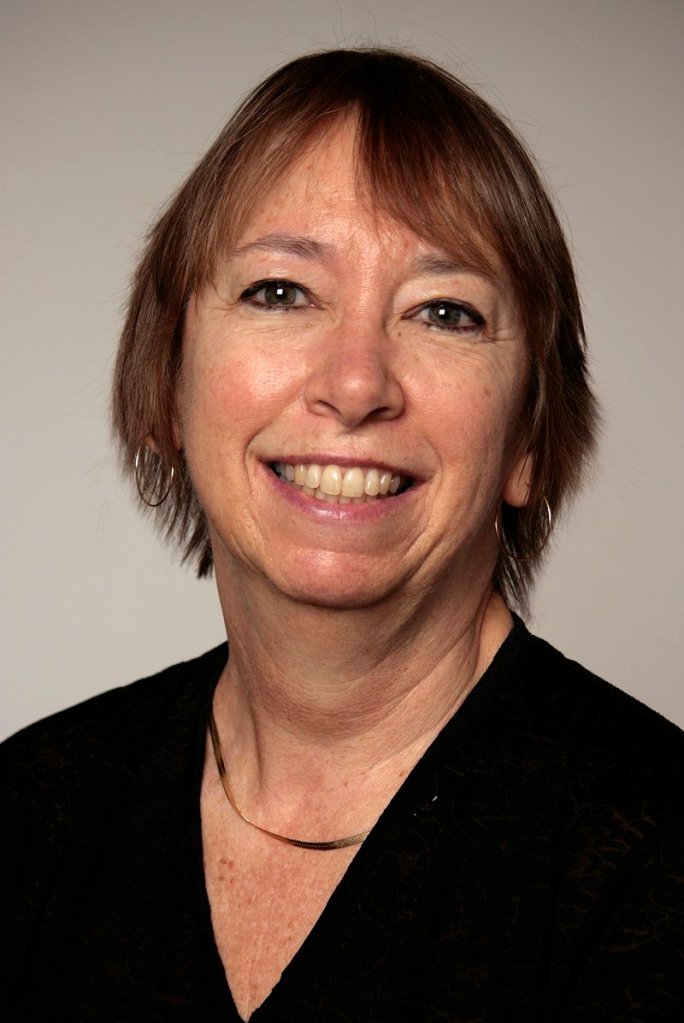
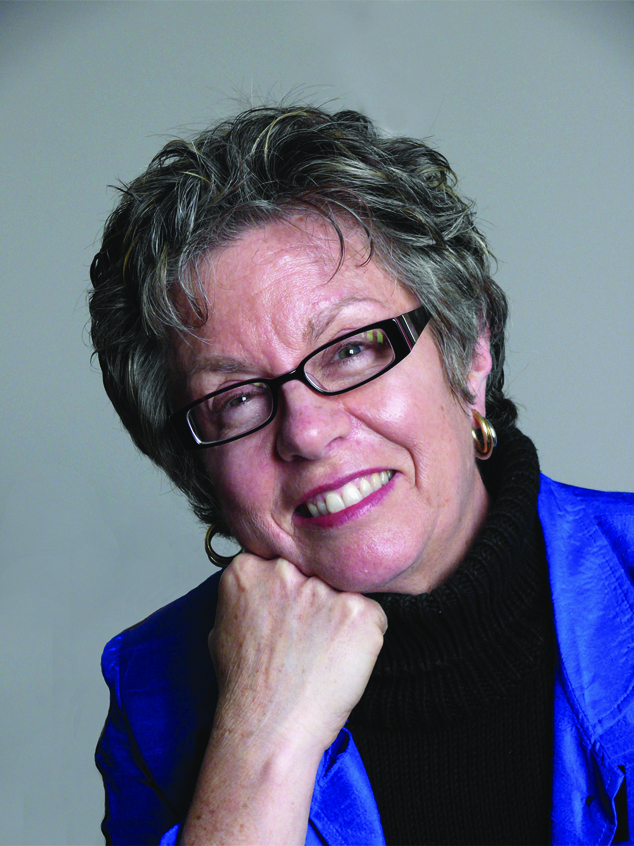

Success. Please wait for the page to reload. If the page does not reload within 5 seconds, please refresh the page.
Enter your email and password to access comments.
Hi, to comment on stories you must . This profile is in addition to your subscription and website login.
Already have a commenting profile? .
Invalid username/password.
Please check your email to confirm and complete your registration.
Only subscribers are eligible to post comments. Please subscribe or login first for digital access. Here’s why.
Use the form below to reset your password. When you've submitted your account email, we will send an email with a reset code.